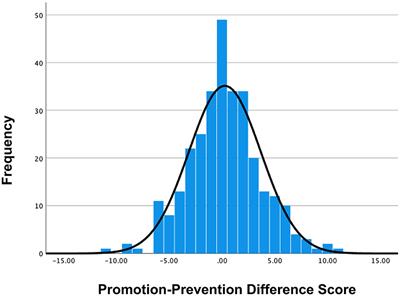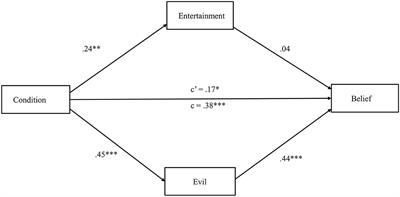EDITORIAL
Published on 10 Oct 2024
Editorial: Motivation-based approaches to countering mass-mediated misinformation
doi 10.3389/fpsyg.2024.1501995
- 869 views
2,032
Total downloads
13k
Total views and downloads
Select the journal/section where you want your idea to be submitted:
EDITORIAL
Published on 10 Oct 2024
ORIGINAL RESEARCH
Published on 16 Sep 2024

HYPOTHESIS AND THEORY
Published on 30 Aug 2024
ORIGINAL RESEARCH
Published on 31 Jul 2024

ORIGINAL RESEARCH
Published on 26 Mar 2024

ORIGINAL RESEARCH
Published on 22 Mar 2024

ORIGINAL RESEARCH
Published on 11 Dec 2023

